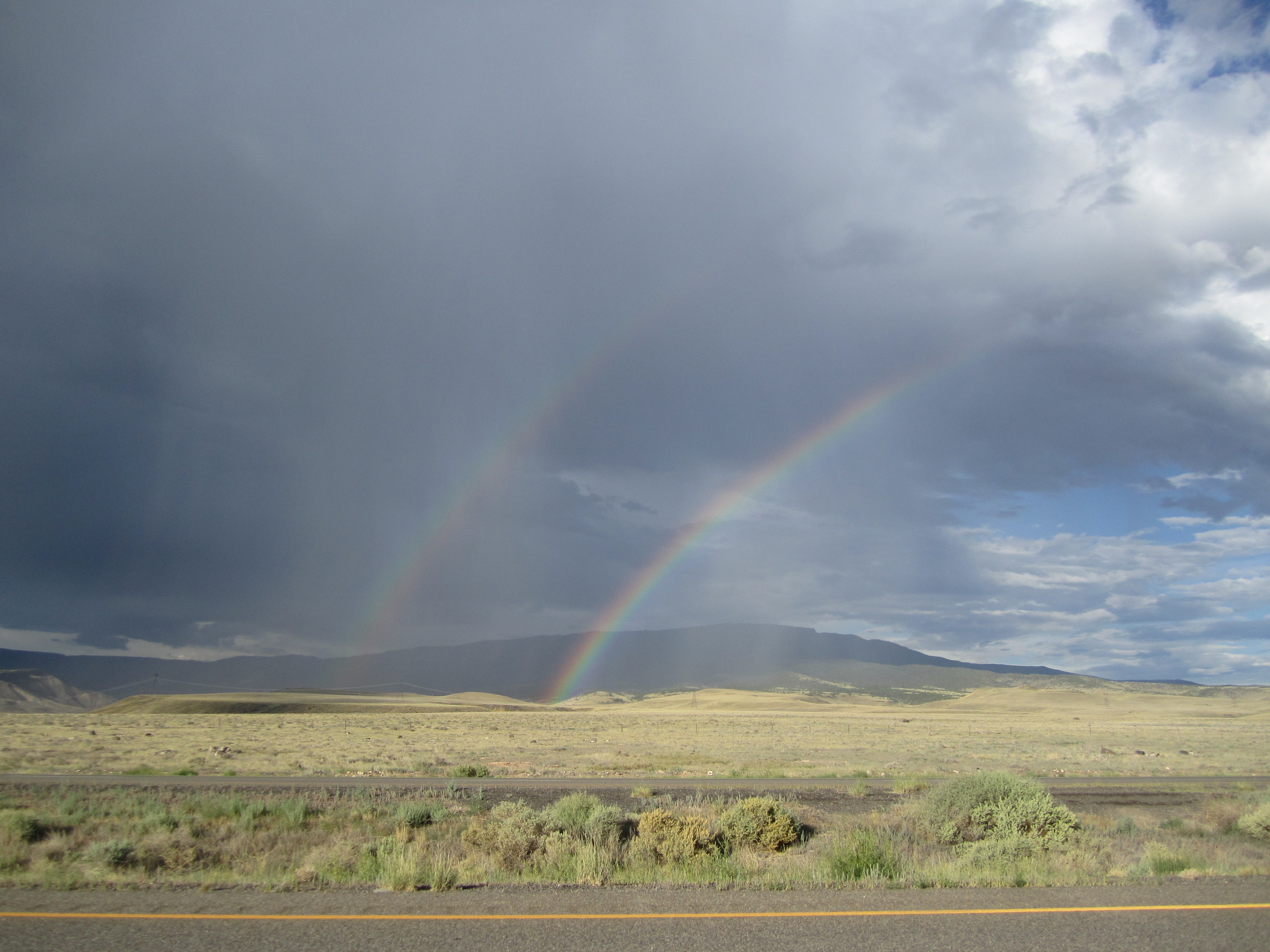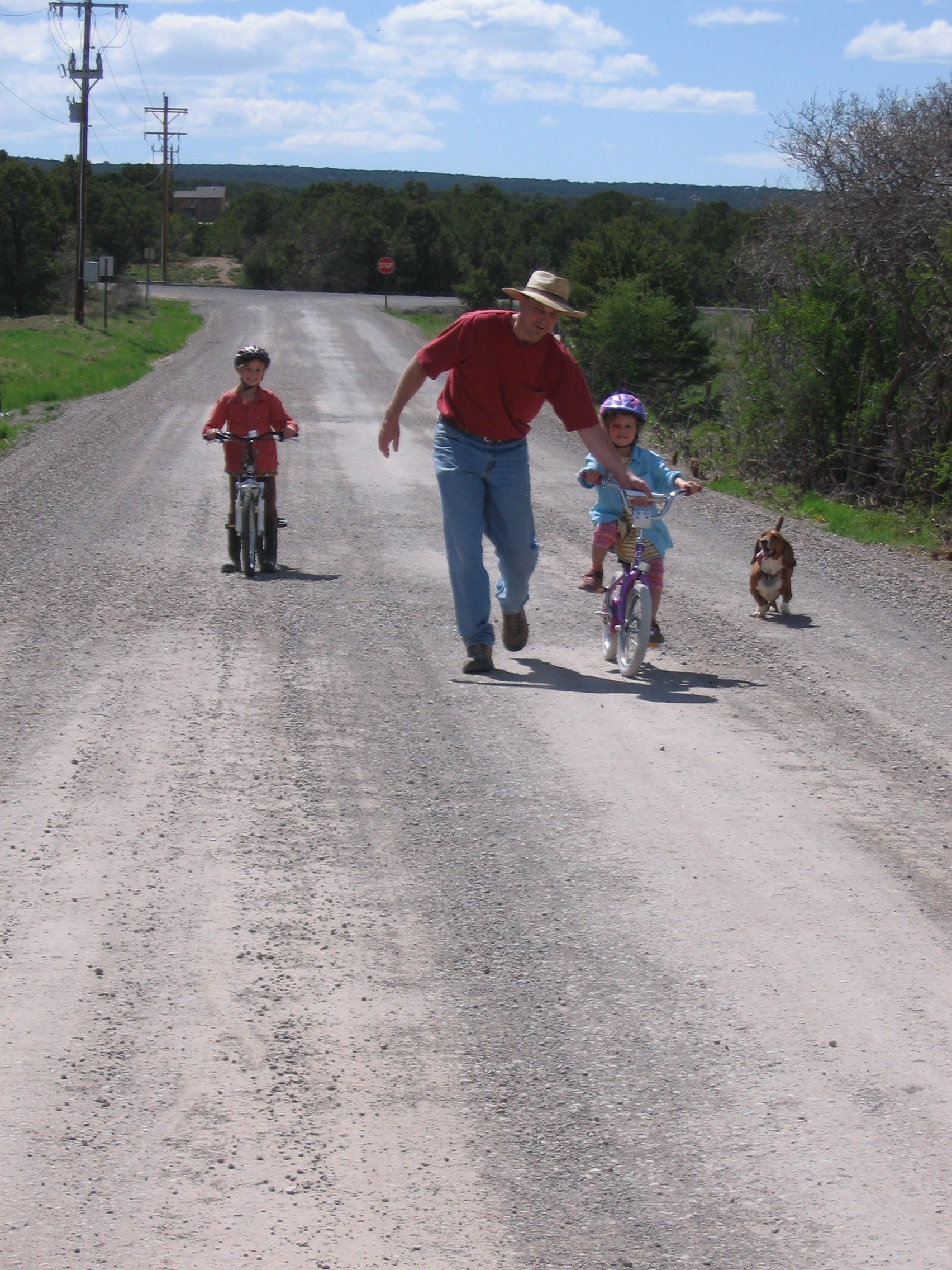This blog was originally posted at www.Renovare.org. Celebration: Knowing that every good gift is from God and a reason to party.
Of all the disciplines I’ve practiced over the years Celebration is the one I have struggled with the most. Celebration often begins with gratefulness, which leads to joy and when done right carries over into a jig. While I start well, I just can’t seem, with much consistency, to pull off the joy and the jig.
I have spent the majority of my life with children and this is not an issue for them. They are perpetually party ready. I have been to countless tea parties and been asked to dance by people under three foot tall at least twice a week for two decades. But I’m always feeding off their celebration, it’s rarely my own.
Lately though I’ve been paying attention to their partying ways, trying to grab a few bread crumbs from the celebration table. I found that they don’t even count their blessings! For shame, they aren’t even overtly thankful! After spending an evening with six of my favorite young friends, I realized Celebration begins with an all encompassing sense of safety. These children can party because they feel safe.
Here’s the difference…. When I start to count my blessings, I do begin to feel joy and the jig, but before I can say “party streamers”, my joy is hijacked by the need to feel safe. The “what if’s” begin to ring in my ears, and I’m back where I started.
But my young friends live in the land of safety, they are free to party at a moment’s notice.
Listening to Richard Foster has given me many gifts, but maybe one of the greatest is the saying, “The Kingdom of God is not in danger.” Dallas Willard often said, “The universe is a perfectly safe place to be.” Anybody with ears or eyes knows this is crazy talk. The world is not safe– but the kingdom of God is. Our God is a redemptive God and there is nothing he can’t turn around for good- and that’s some serious safety.
So the LORD and I are working this out. I count my blessings and he says, “See, I can be trusted. You are safe.” I’m going to keep gathering crumbs from my young friends, but I’m also practicing the merengue just in case.
What is the root of celebration in your life?
Tell us about a time you have celebrated with children.








